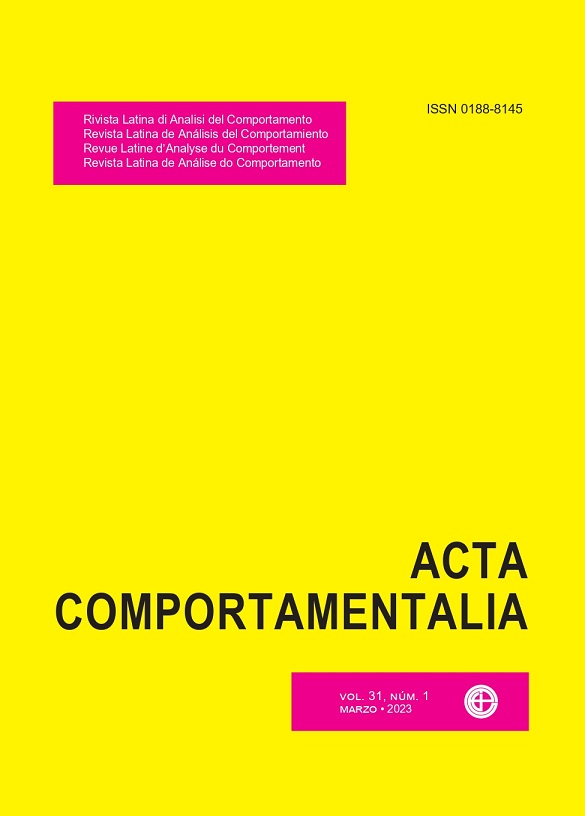Gender inequality in occupational context and coping strategies
DOI:
https://doi.org/10.32870/ac.v31i1.84995Keywords:
gender inequality, gender conceptions, gender biases, behavior analysis, patriarchy, sploitation relationships, public policies, psychosocial interventions, social skillsAbstract
The gender inequality or inequity has been receiving attention from different society sectors. The gender equity promotion and the empowerment of women and girls is one of the goals for sustainable development included in the United Nations 2030 Agenda. Based on the United Nations binary conception of gender, this work aims to understand gender inequity in the occupational context through Behavior Analysis contributions. This context allows us to observe subtle gender inequities such as bias in hiring and questioning decisions when coming from women in positions of power. Besides, in addition to being less representative in specific areas, such as STEM, women are scarce at the highest levels of the academic career. To understand the phenomenon, Behavior Analysis understands patriarchy as a control agency responsible for disseminating exploratory cultural practices based on stereotyped gender conceptions which are also restrictive for women. The general picture emerging from studies and theoretical perspectives is that not just women, but everybody with any gender, learn how to behave and what to expect from others according to their gender. Such inequity can draw huge and all kinds of losses for the whole society. Finally, actions to combat gender inequity are illustrated in terms of affirmative policies that guarantee a position for women in underrepresented areas and also in terms of psychosocial interventions aiming to consider and develop new conceptions of gender and new forms of interpersonal relationships. Remarkably, studies add evidence of the importance of gender inequity and gender biases awareness in addition to the education and the promotion of social skills of those involved in gender exploitation relationships.
Downloads
Downloads
Published
How to Cite
Issue
Section
License

<a rel="license" href="http://creativecommons.org/licenses/by-nc-sa/4.0/"><img alt="Licencia de Creative Commons" style="border-width:0" src="https://i.creativecommons.org/l/by-nc-sa/4.0/88x31.png" /></a><br />Este obra está bajo una <a rel="license" href="http://creativecommons.org/licenses/by-nc-sa/4.0/">licencia de Creative Commons Reconocimiento-NoComercial-CompartirIgual 4.0 Internacional</a>.






